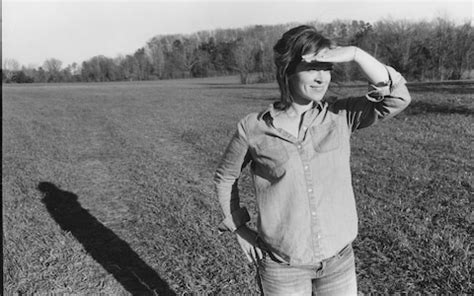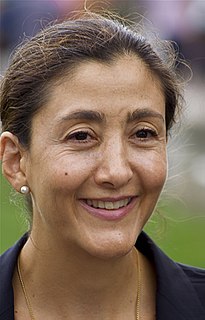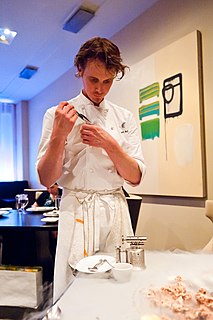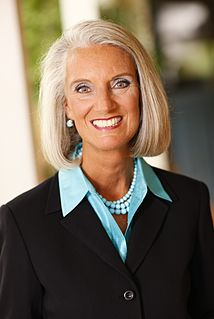A Quote by C.E. Morgan
I have both experienced and witnessed a great deal of suffering in my life, and that has informed my art. I'm here today, because I'm a fighter. I didn't survive my life to ask permission to write my books.
Related Quotes
I write because I have an innate need to. I write because I can't do normal work. I write because I want to read books like the ones I write. I write because I am angry at everyone. I write because I love sitting in a room all day writing. I write because I can partake of real life only by changing it.
Sometimes you change to survive, and some things you don't give up, or you're too prideful, and then you think well, what's pride? Is it a good thing? Maybe it's a bad thing. That's what I look at in my life. It's always a question in my life I look at, and I never find the answer, because if I did, probably I wouldn't have books to write.
As children, Siddhartha and Jesus both realized that life is filled with suffering. The Buddha became aware at an early age that suffering is pervasive. Jesus must have had the same kind of insight, because they both made every effort to offer a way out. We, too, must learn to live in ways that reduce the world's suffering.
In captivity, one loses every way of acting over little details which satisfy the essentials of life. Everything has to be asked for: permission to go to the toilet, permission to ask a guard something, permission to talk to another hostage - to brush your teeth, use toilet paper, everything is a negotiation.



































